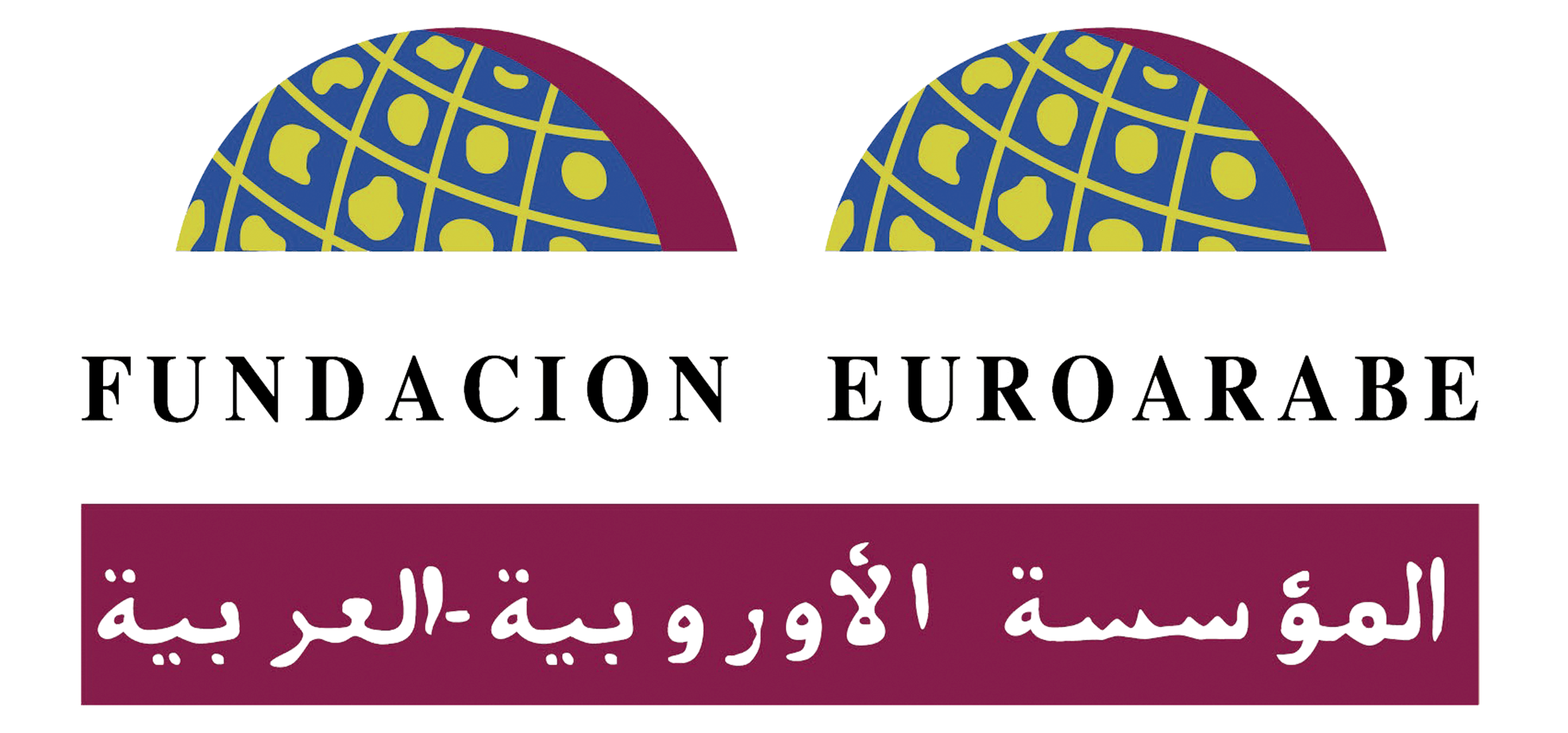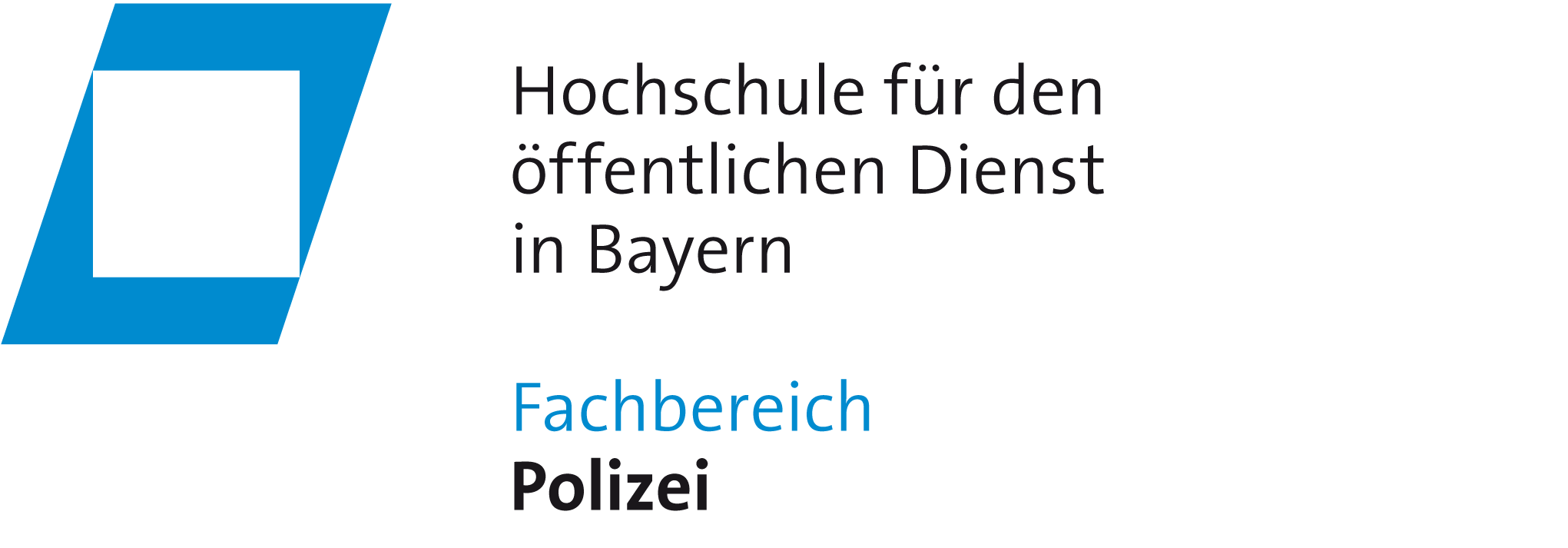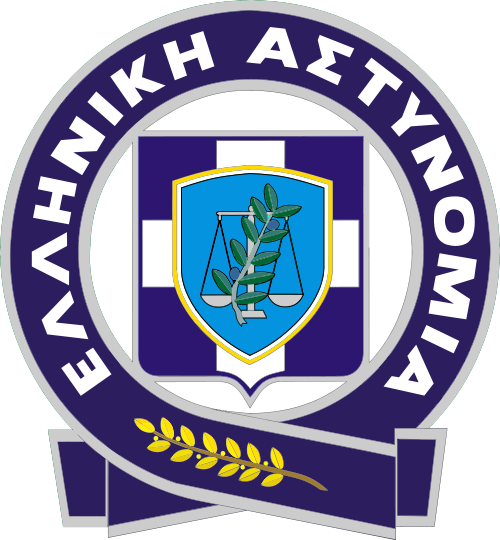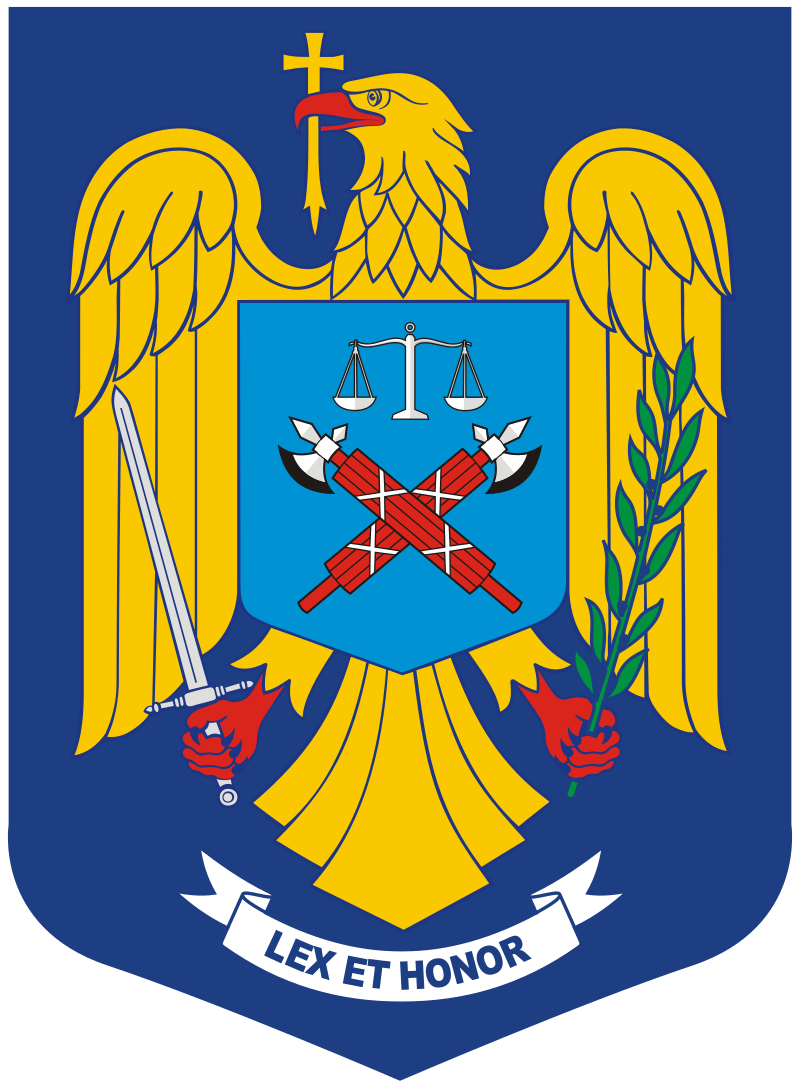Consortium
COORDINATOR
CERTH - Center for Research and Technology Hellas

The Centre for Research and Technology-Hellas (CERTH), founded in 2000, consists of five institutes and is the largest Research Centre in Northern Greece, as well as a leading Research Centre in the EU.
CERTH participates in VANGUARD through its Information Technologies Institute (ITI), one of the leading research institutions in Greece in the fields of Informatics, Telematics and Telecommunications. ITI was founded in 1998 as a non-profit organisation and has been a founding member of CERTH since 2000, participating in a great number of Research, Development, and Innovation projects funded by European and public investment funds, as well as services contracted by firms and other private legal entities. ITI participates in VANGUARD through two laboratories: MKLab and VCL.
MKLab
The Multimedia Knowledge and Social Data Analytics laboratory (MKLab), one of the largest labs at ITI, participates through the Multimodal Data Fusion and Analytics (M4D) group. M4D has scientific expertise and significant experience in Web and social media mining, Multimodal Data Fusion, Big Data processing, Multimodal & Predictive analytics based on Artificial Intelligence, Multimedia analysis and retrieval, Computer vision, Knowledge Representation and Reasoning, as well as Decision support and Visual analytics. M4D has coordinated and participated in more than 100 European and National research projects, many of them in the security domain; the complete list can be found at: https://m4d.iti.gr/project/. In addition, M4D and its team of 140 people (senior researchers, postdoctoral research fellows, PhD candidates and research associates) has more than 350 publications in recent years. The latest news of the MKLab can be found on social media: Facebook, Twitter & LinkedIn.
VCL
The Visual Computing Lab (VCL) focuses on high quality research in computer vision and deep/machine learning and has significant experience and long-lasting presence in security research projects (FP7, H2020, and currently in Horizon Europe). VCL is continuously working in improving components and services in the areas of counterterrorism, counter UAV, Critical Infrastructure protection, CCTV systems and surveillance, forensics analysis, antitrafficking, fire detection and 3D simulation, first responder support. VCL has significant scientific expertise in video retrieval from surveillance systems (CCTV), video event and anomaly detection, improving images and videos with super resolution components, people tracking and re-identification in multiple cameras and large video databases, Novel Deep Learning techniques to process multiple sensor modalities (radar, infrared, acoustic, 3D camera and video) for detecting and tracking UAVs, detection of hidden propaganda content, analysis of crime reports and crime spatiotemporal forecasting, VCL, with more than 85 people (senior researchers, Post-Doc fellows, PhD candidates and research associates) actively contributing in research and more than 100 European and national projects has the necessary experience and knowhow in working with LEA data and building privacy-by-design solutions. More information on projects, collaborations and research results can be found in https://vcl.iti.gr
PARTNERS
GGMH - Together against Human Trafficking

‟Together against Human Trafficking” (GGMH) is an alliance of approximately 40 organisations and initiatives as well as a number of experts working in various areas to combat human trafficking, especially for the purpose of sexual exploitation. GGMH focuses on 1) awareness raising; 2) research; 3) advocacy, 4) tackling demand for trafficking, and 5) survivor inclusion in Germany. By supporting our frontline member organisations that run shelters and/or specialist counselling centres or create jobs for survivors of human trafficking, we are committed to the protection and support of survivors, as well as prevention work in Germany and countries of origin.
TRANSCRIME - Università Cattolica del Sacro Cuore

Transcrime is the joint research centre on innovation and crime of the Università Cattolica del Sacro Cuore, the Alma Mater Studiorum Università di Bologna and the Università degli Studi di Perugia. The centre has offices in Milan and a staff of around 30 people. Transcrime is exclusively funded by contracts and funding from private corporations and local, national and international public institutions.
Wojskowa Akademia Techniczna - Institute of Optoelectronics

The Institute of Optoelectronics (IOE) is an interdisciplinary academic institute at WAT, which mission is to support research and education in optoelectronics and photonic technologies. IOE’s activities include education, research and development, implementation, system integration, testing, validation and calibration. IOE research activities fall into many areas including: defence, security, critical infrastructure protection, environmental protection, metrology, medicine and many others. The strength of the IOE lays in its interdisciplinary teams. Among IOE scientist there are specialists in areas such as physics, electrical engineering, chemistry, biology, medicine etc. Interdisciplinary team of the IOE allows to carry out both basic and applied research in many fields at very high level.
KU Leuven - Centre for IT & IP Law

The Centre for IT & IP Law is a research center at the Faculty of Law and Criminology of the University of Leuven (KU Leuven), with currently a staff of over 85 researchers specialized in legal and ethical aspects of IT innovation and intellectual property.
Researchers working at the Centre for IT and IP Law focus on the fundamental re-thinking of the current legal framework, necessitated by the rapid evolution of technology in various fields, such as government, media, health care, informatics, digital economy, banking, transport, culture, etc. Their research is characterized by an intra- and extra-juridical interdisciplinary approach, constantly aspiring cross-fertilization between legal, technical, economic, ethical and socio-cultural perspectives.
The Centre for IT & IP Law has a solid track record as a law and ethics partner of large international and interdisciplinary research projects. It is internationally renowned for its expertise in the areas of Artificial Intelligence & Autonomous systems, Data Protection & Privacy, eHealth & Pharma, Ethics & Law, Intellectual Property, Media & Telecommunications and (Cyber)security.
KEMEA - Center for Security Studies

The Center for Security Studies (Kentro Meleton Asfaleias – KEMEA), founded in 2005 by Law 3387, is a scientific, consulting and research organization overseen by the Minister of Citizen Protection, governed by common law and annually audited by chartered accountants. Its principal purpose is to conduct theoretical and applied research and studies, particularly at strategic level, on security topics and policies. Moreover, it is the think-tank of the Ministry of Citizen Protection on numerous policies such as public order, correctional services, terrorism prevention, crime prevention, integrated border management and civil protection as well as on various other security and societal issues; it also provides advisory and consulting risk-management services to an array of public and private organizations.
KEMEA is governed by a 7-member Board of Directors (BoD) and managed by an Executive Director and a Deputy Executive Director, all appointed by decision of the Minister of Citizen Protection. The composition of KEMEA’s BoD, where both the Hellenic Police (HP) and the Hellenic Coast Guard (HCG) are represented, is indicative of KEMEA’s interservice orientation.
Currently, KEMEA employs one hundred and seventy-five (175) scientific and research associates with a broad range of high-calibre academic backgrounds and professional expertise. Of them, forty-four (44) are in active service at the domestic law enforcement, civil protection and defense agencies. To meet the growing needs of the security and law enforcement practitioners and related academia, KEMEA has participated in research projects of the Horizon 2020 – the Research and Innovation Framework Programme of the European Commission – ever since it was launched; part of the H2020 is devoted to “Secure Societies – Protecting freedom and security of Europe and its citizens”.
CEA

Within the CEA Technological Research Division, the CEA-List institute carries out research on intelligent digital systems. Its R&D programs, all with potentially major economic and social implications, focus on advanced manufacturing (robotics, virtual & augmented reality, non destructive testing, vision), embedded systems (computing architectures, software and systems engineering, security & safety), and ambient intelligence (sensors, instrumentation & metrology, communication & sensory interfaces, data processing & multimedia). By developing cutting-edge technological research with applications in the industrial markets of transports, defense and security, manufacturing, energy and health, the CEA-List helps its partners to enhance their industrial competitiveness thanks to innovation and technology transfer.
ICCS

ICCS, the Institute of Communication and Computer Systems, is a non-profit Academic Research Body established in 1989 by the Ministry of Education, Research and Religious Affairs to carry applied Research and Development activity in the areas of telecommunications, computer systems and their application in a variety of research themes. ICCS is linked to the National Technical University of Athens (NTUA) and in particular with the School of Electrical and Computer Engineering (ECE). ICCS consists of more than 50 labs, research groups and teams, dealing with all aspects of Electrical and Computer Engineering and employs approximately 800 researchers and scientists including Faculty Members, permanent or long-term Researchers. ICCS has coordinated and participated in a large number of Research Projects, both EU funded and National ones, and has worked with several industry leaders since its establishment.
FUNDEA

The Euro-Arab Foundation for Higher Studies is a public institution with a unique composition and mission. Located in Granada (Spain) and ruled by a joint Board of Trustees chaired by the Secretary-General for Universities. The Board of Trustees is further composed of two representatives from the University of Granada, two from the Ministry of Education and from the Government of Andalusia. The Euro-Arab Foundation works within the fields of cooperation, training, and research. FUNDEA aims to create a space for dialogue and cooperation between the countries of the European Union and Arab countries. The Foundation was entrusted with promoting cultural, scientific, and economic relations between Europe and the Arab World, through the spread of scientific and humanistic knowledge produced in universities and other centers for scientific research or artistic creation, either national or international, to contribute to the reinforcement of the dialogue between Arab States and European States. For that purpose, the Foundation’s work is focused on the promotion of studies and research as well as platforms and forums of discussion and debate. By means of collaboration agreements, the Foundation maintains relations with educational, cultural, research, and economic institutions to strengthen ties among countries in Europe and the Arab World.
ENGINEERING

Engineering Group is the Digital Transformation Company, leader in Italy and expanding its global footprint, with around 15,000 associates and with over 70 offices. The Engineering Group, consisting of over 70 companies in 14 countries, has been supporting the continuous evolution of companies and organizations for more than 40 years, thanks to a deep understanding of business processes in all market segments, fully leveraging the opportunities offered by advanced digital technologies and proprietary solutions. It integrates best-of-breed market solutions, managed services, and continues to expand its expertise through M&As and partnerships with leading technology players. The Group strongly invests both in innovation, through its R&I division, and in human capital, with the internal IT & Management Academy. Engineering is a key player in the creation of digital ecosystems that bridge the gap between different markets, while developing composable solutions that ultimately foster a continuous Business transformation.
EVIDEN

Eviden is a next-gen technology leader in data-driven, trusted and sustainable digital transformation with a strong portfolio of patented technologies. With worldwide leading positions in advanced computing, security, AI, cloud and digital platforms, it provides deep expertise for all industries in more than 47 countries. Bringing together 53,000 world-class talents, Eviden expands the possibilities of data and technology across the digital continuum, now and for generations to come. Eviden is an Atos Group company with an annual revenue of c. € 5 billion.
BDS R&D Spain is part of Eviden’s research and development division and develops innovative features for present and future products, solutions and services, leveraging EU, national & internal funding to build innovative software of value for BDS customers.
iTTi

ITTI is an SME from IT sector providing dedicated software solutions and innovative applications. ITTI operates since 1996 and is located in Poznan, Poland.
- ITTI offers its solutions in the following markets:
space sector – mainly to European Space Agency, e.g., solutions for Ground Segment, on-board communications and Space Safety. - private and public entities in Poland, mainly solutions for digitalisation of dedicated business processes, e.g., management of medicines in the pension house, processing of applications on disability statement for local government, selected production processes in a manufacturing company.
Since 2001 ITTI has been actively involved in the R&D projects performed in the EC programmes (recently Horizon Europe programme), where it worked on development of innovative ICT solutions in such areas as: civil security, communications, health, energy and climate. The company contributed also to European Defence Agency R&D programmes (e.g., Joint Investment Programme on Force Protection, Joint Investment Programme on CBRN) and national research programmes. In R&D activities the company cooperates closely with numerous universities and research institutes based in Poland as well as around Europe.
ITTI is an institutional member of the Public Safety Communication Europe Forum (PSCE) and the 6G Smart Networks and Services Industry Association (6G-IA). ITTI is also one of the co-founders of Polish Space Industry Association and member of Wielkopolska ICT Cluster. ITTI was several times awarded the prestigious “Cristal Brussels Prize” for being the most active and successful Polish SME participating in EC FP programmes.
RadExpert

The RadExpert company is a SME having the main goal to assure the consultancy and management for a wide range of projects developed from private and public investments, also, acting as a key in clotting and implementing of the research and innovation projects at the national and European levels, as well.
Evolving in a market in continuous ascension that shows clear needs for broadening and diversifying the range of services, RadExpert company ensures the high quality of the project management services and those connected to the realization of investments of the capital having as object:
- the development and integration of the complex systems in the field of security (as a result of concrete requirements formulated by the institutions of the National Defense System public order and national security);
- using the wide experience of the staff in border security and general security fields combined with great knowledge in projects implementation for assuring end user centered consultancy services for successful development of EU funded research & innovation projects;
- the development of software solutions centered on the needs of the security end users field;
- the coagulation of consortia and write of projects proposals;
- the preparation and presentation, as well as the management of the implementation of the commercial offers of the executors / providers / producers / distributors of works, goods and services participating in their own name or in association with public procurement procedures within the procedures regarding investments in equipping, modernizing, re-technologization of complex security systems at national level.
Hochschule für den öffentlichen Dienst in Bayern

The University of Applied Sciences for Public Services in Bavaria – Department of Policing (BayHfoD) educates future higher ranked police officers for their career on professional and executive levels for the Police Enforcement Service (either for Police Force/Constabulary or Criminal Investigation Police). The BayHfoD has three locations, a larger one in Fürstenfeldbruck in southern Bavaria and two in northern Bavaria (Sulzbach-Rosenberg, Kastl).
The inter-disciplinary research team of the BayHfoD examines various domains relevant for policing including cybercrime, radicalisation, extremism, terrorism among others. Security research for and via the police strengthens everyday networking in police practice with training and further education, in other words integrating theory and practice. The research team of the BayHfoD provides scientific knowledge on relevant topics in the field (i.e. security research, crime prevention or crime research) to police or institutions of the security structure and aids in the design of further training courses and seminars and the mediation of contacts. In addition, the research team supports police and security authorities by providing scientific services in solving day-to-day problems.
Furthermore, the BayHfoD works closely with the Ministry of the Interior and the Police Departments in Bavaria to maintain current standards between theory and practice and to serve the needs of police officers and citizens, alike. Aside from the European research projects (examples under relevant projects), the BayHfoD supports the police academy in Bulgaria within Erasmus projects, a partnership with the police academy in Bucharest, Romania, a partnership with the police academy in Prague, Czech Republic and a further partnership with the University for Policing in Poland.
Polícia Judiciária

The mission of Polícia Judiciária (PJ) – Portuguese Criminal Police – consists of assisting the judicial and prosecution authorities in the framework of criminal investigation by developing and promoting preventive and investigative action falling within the PJ’s remit or entrusted to them by the competent judicial and prosecuting authorities.
PJ is the Criminal Police responsible for serious, complex, transnational and organised crime: Cybercrime, terrorism and cyberterrorism, financial crime, money laundering, drugs trafficking, trafficking in human beings, firearms trafficking, crimes against minors, environmental crimes, among others.
Polícia Murcia

The Murcia Police Force is 170 years old. Located in the city of Murcia, southeastern Spain, it is a police force with more than 700 members.
It has units from road accident investigation, Judicial Police, Information Analysis, Cavalry Unit, Community Police, Motorists Unit, Team to fight against Gender Violence and a department of European Programmes.
General Police Inspectorate

The General Police Inspectorate (Romanian: Inspectoratul General al Poliției, IGP) is the national civilian police force of the Republic of Moldova. It is a state institution subordinated to the Ministry of Internal Affairs, that regulates law enforcement in Moldova.
Hellenic Police

The Hellenic Police is the national police service and one of the three security forces of Greece. Its primary aims are:
- Ensuring peace and order as well as citizens’ unhindered social development, a mission that includes general policing duties and traffic safety
- Prevention and suppression of crime as well as protecting the state and its democratic form of government within the framework of the constitutional order, a mission which includes the implementation of public and state security policy
- Prevention of illegal entry and exit of foreigners in and out of Greece and control of compliance with the provisions related to the entry, exit, residence and work of foreigners in the country, a mission that includes the implementation of foreigners and border protection policy duties.
Estonian Police and Border Guard

Estonian Police and Border Guard Board is a police authority which main functions are preserving law and order, investigating and preventing crimes and misdemeanours, guarding the border, rescue at sea, determining the grounds and status for people staying in Estonia, and issuing identity documents.
The functions, rights and responsibilities of Police and Border Guard Board are imposed by the Police and Border Guard Act and the institution’s statute.
Romanian Border Police

The Romanian Border Police is part of the Ministry Internal Affairs and is the specialized state institution which carries out the tasks appertaining to it and referring to the surveillance and control of the crossing of the state border, the prevention and fight against illegal migration and against acts specific to cross border criminality carried out in its area of competence, to the compliance with the judicial regime of the state border, passports and foreigners, the ensuring of the interests of the Romanian state at the lower Danube and the Macin and Sulina Canal located outside the border area, in the contiguous area and in the economic area located in the exclusive economic area, the keeping of public order and peace in its area of competence under the conditions of the law (art. 1 of the Emergency Ordinance no. 104 of June 27th 2001 regarding the organising and functioning of the Romanian Border Police).
A relatively young body, but with a century-old tradition in ensuring order at the Romanian borders, the Border Police proves to be an institution with its own personality and individuality for carrying out missions, being able to highlight, from the very moment the border is crossed, the true image of the state of law and the genuine democracy and civilisation of the Romanian people.
Responsible for approximately 3.150 km of borders, the Romanian Border Police permanently deals with the extremely varied problems and illegal means of transiting the Romanian border, starting with the illegal migration, drug, gun and stolen vehicle trafficking and finishing with smuggling – in all its forms of manifestation.
Organized in a way similar to the model of the institutions in European Union states, the Romanian Border Police makes important efforts in the field of prevention and fight against the cross border criminal phenomena and in carrying out and complying with the internal and international legislation in force so that at the Romanian borders, its specific activities match the international standards.
Moldovan Border Police

The Moldovan Border Police also commonly known as the Moldovan Frontier Police is the official paramilitary border guard of the Republic of Moldova. It is currently a department of the Ministry of Internal Affairs (MAI) and exercises its powers and policy in the accordance with the ministry. It was originally founded as the Border Guard Troops, and later the Border Guard Service of the Armed Forces of the Republic of Moldova.
CENTRIC

The Centre of Excellence in Terrorism, Resilience, Intelligence and Organised Crime Research (CENTRIC) is a multidisciplinary, security-focused research centre at Sheffield Hallam University. We collaborate with research, government, industry and security stakeholders to address contemporary security challenges at the local, national and international levels. We are a diverse team of researchers, technology specialists and security experts focused on delivering tangible solutions for law enforcement and other security stakeholders. This combination makes CENTRIC uniquely placed to offer innovative applied research, professional expertise and training in the modern security environment.
